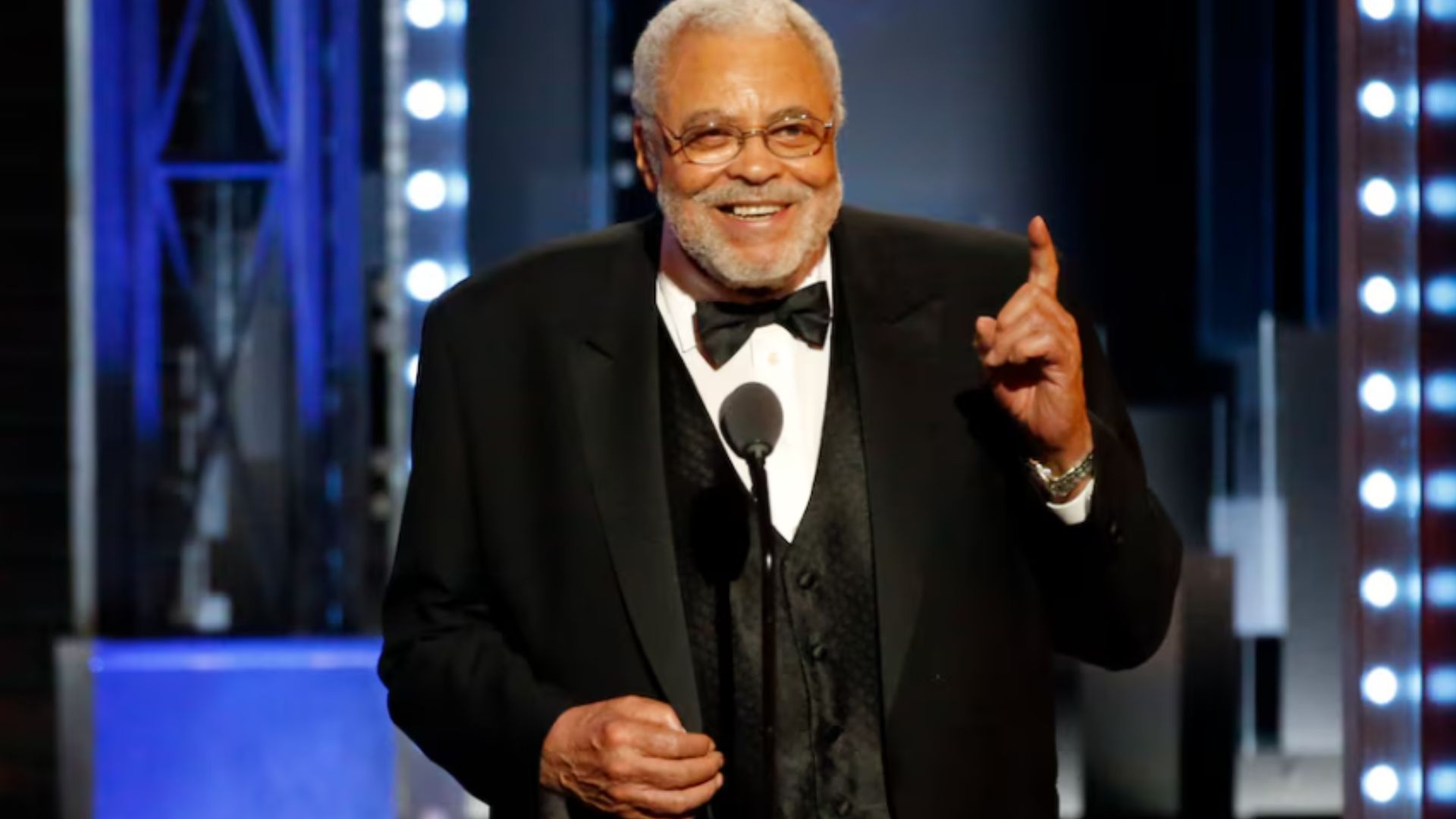American actor James Earl Jones, an intimidating stage and screen presence who overcame a childhood stammer to produce a loud voice known worldwide as intergalactic evil Darth Vader, died on Monday at 93.
Jones, who has diabetes for many years, died at home, surrounded by family members, according to his agent, Barry McPherson. No cause of death was given.
Jones had a solid physical presence on stage, on television, and in films, but he would have been a celebrity even if his face was never seen since his voice had a career all its own.
Jones stated that he never made much money from the Darth Vader role, earning only $9,000 for the first film and that he saw it as merely a special effects job. He didn’t even beg to appear in the credits of the first two “Star Wars” films.
His numerous accolades include Tony Awards for “The Great White Hope” in 1969 and “Fences” in 1987 on Broadway, as well as Emmy Awards in 1991 for “Gabriel’s Fire” and “Heat Wave” on television. In 1977, he won a Grammy for Best Spoken Word Album for “Great American Documents”. Despite never winning a competitive Academy Award, he was nominated for best actor in the film adaptation of “The Great White Hope” and received an honorary Oscar in 2011.

Estranged from the Father:
James Earl Jones was born on January 17, 1931, in the small town of Arkabutla, Mississippi, to a family of Irish, African, and Cherokee descent. His father, prizefighter-turned-actor Robert Earl Jones, abandoned the family soon after. His maternal grandparents reared James, who banned him from seeing his father. The two did not meet until James relocated to New York in the 1950s. They eventually performed in several plays together.
Jones was about five years old when his grandparents relocated the family from Mississippi to a farm in Michigan, and it was during this time that he stopped speaking due to his stammer.
He remained silent for a decade until his high school English instructor persuaded him to speak up. The teacher made Jones recite a poem that he claimed he had written to demonstrate that he was familiar enough with it to be the author. Jones learned to control his stutter and got interested in acting, but he later said that he still had to choose his words carefully.
After studying drama at the University of Michigan, he relocated to New York, where his stage performances drew increasing critical attention and praise. His breakthrough role on Broadway was in “The Great White Hope,” where he played Black heavyweight champion Jack Johnson.
Jones was a groundbreaking Black actor who landed significant roles in racially heated films and plays, paving the way for future generations of Black actors. Jones, who rose to prominence during the Civil Rights Movement of the 1960s and 1970s, has mostly avoided direct action on race issues.
In a 2013 interview with the Toronto Star, Jones stated that many people thought he was timid for not using his popularity and voice to support the cause more strongly. The actor, however, indicated that he prefers to let his work speak for itself. According to Dominic Hawkins, a spokesperson for the NAACP in Washington, Jones’ ability to land significant roles while the Jim Crow racial caste system persisted in the American South was highly important to the Black community. “That was his contribution to civil rights, his representation on screen and stage,” Hawkins told the crowd. “Film and TV can shape hearts and minds, and that’s what he did.”


